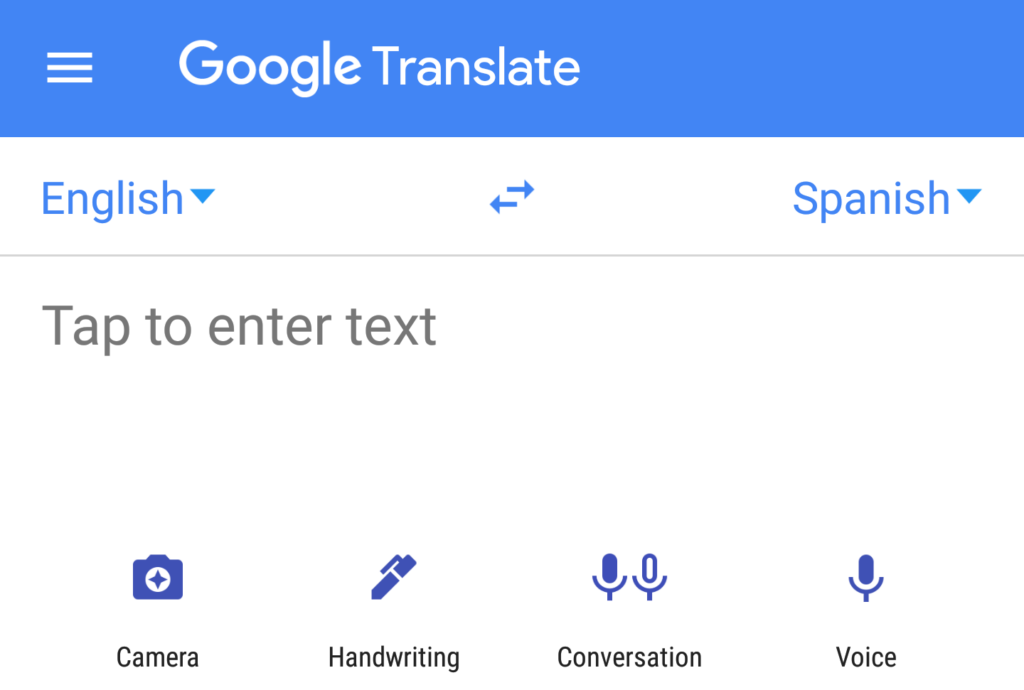Google recently announced a sizable expansion to its Google Translate service — adding support for 110 new languages. This nearly doubles the number of languages the service can translate, marking a substantial milestone in the company’s efforts to make translation more accessible worldwide.
What’s Happening & Why This Matters
Google has utilized its advanced PaLM 2 large language model to incorporate these new languages. This update increases the total number of languages supported by Google Translate to 243, a significant leap toward Google’s ambitious goal of ultimately supporting 1,000 languages. Google Senior Software Engineer Isaac Caswell highlighted that the newly added languages are spoken by over 614 million people, approximately 8% of the global population.
A notable aspect of this expansion is its focus on African languages, representing Google’s largest addition of languages from this continent to date. The company seeks to address the immense variation in languages — including regional dialects and different spelling standards. For example, the Romani language, which has numerous dialects across Europe, is represented in a way that prioritizes the most commonly used varieties, such as Southern Vlax Romani, while also incorporating elements from other dialects like Northern Vlax and Balkan Romani.

This enhancement is part of Google’s broader initiative to leverage AI to support a diverse array of languages. In contrast, Apple Translate currently supports 21 languages, with recent plans to add Hindi to its repertoire.
TF Summary: What’s Next
Google’s expansion of its Translate service demonstrates the company’s AI usage to bridge language barriers and foster global communication. As Google further develops and integrates AI technologies, TF expects further advancements in language support that makes translation services more inclusive and comprehensive. This not only benefits users but also pushes other speech processing competitors to enhance their translation tools. Better translation services can only contribute to a more connected world.
— Text-to-Speech (TTS) provided by gspeech


